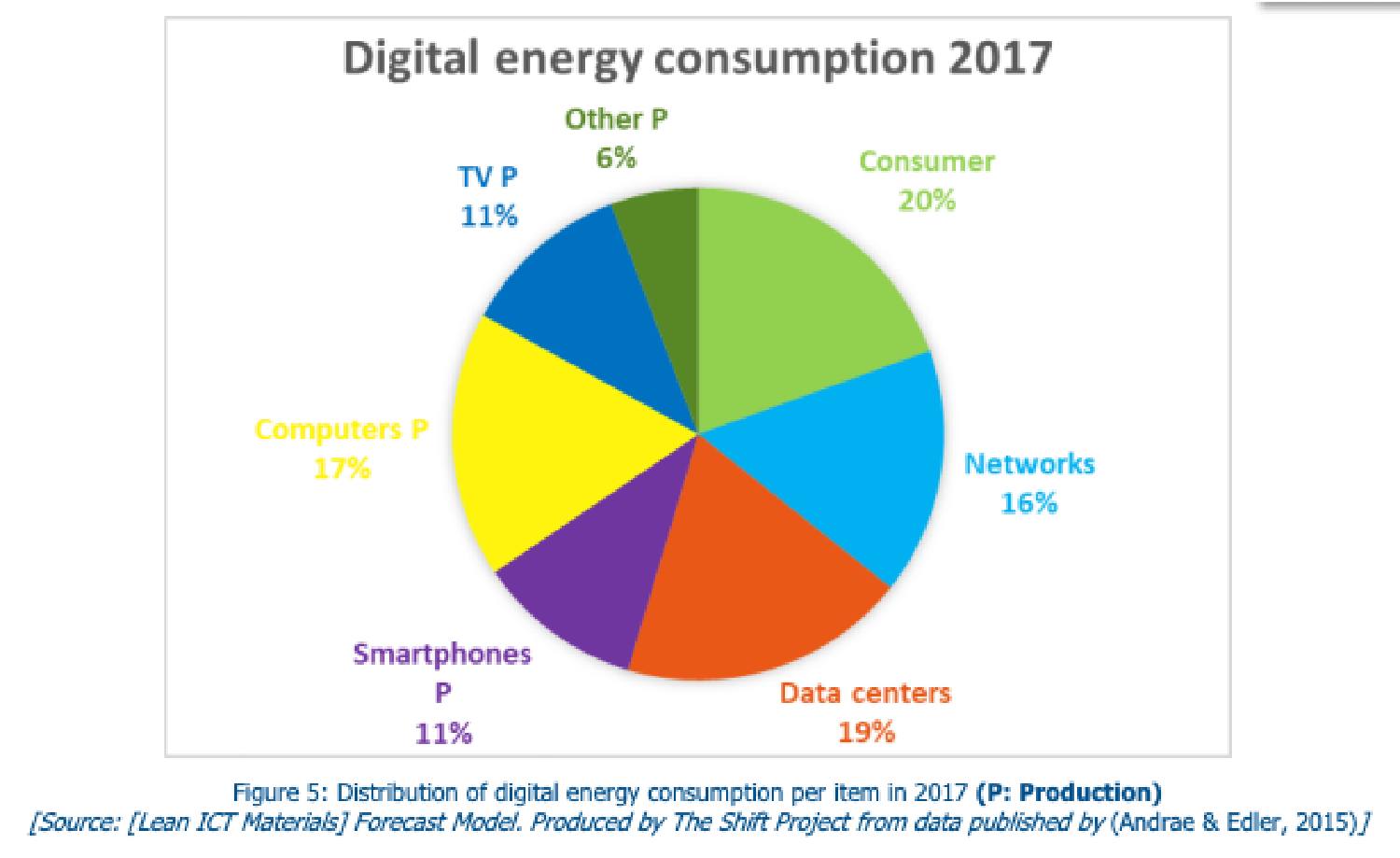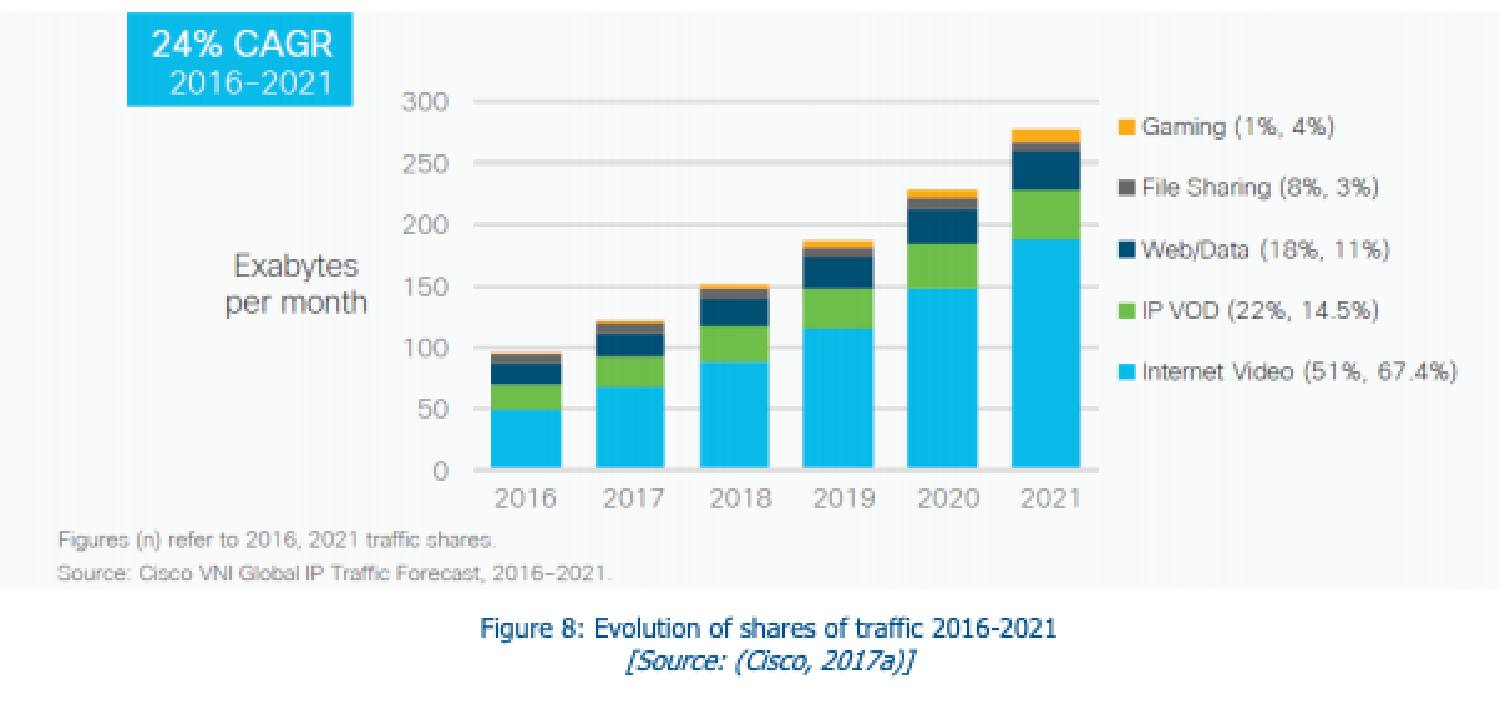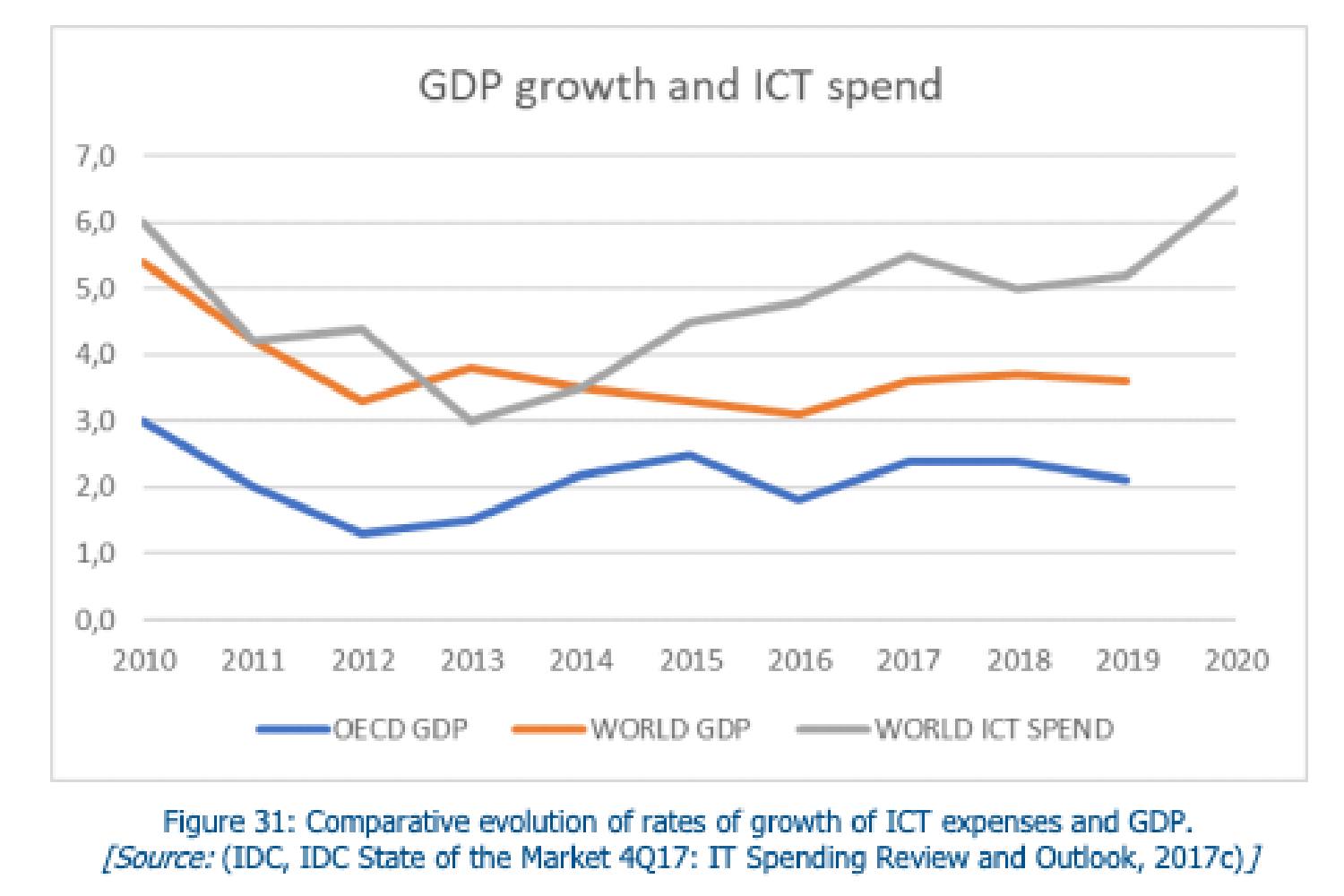Zu den ökologischen Folgen des digitalen Booms
Heute ist wieder “Friday For Future”-Tag. Meine Meinung ist bekannt:
→ „Fridays For Future“: Demonstriert, aber bitte für Eure Zukunft!
Es wird Zeit, dass wir anders über das Thema Klimaschutz nachdenken. Gerade hier in Deutschland. Bei uns dominiert immer noch die Haltung, mit viel Geld und Verboten die Entstehung von Klimagasen wie CO2 zu verhindern. Effizienter wäre eine CO2-Steuer. Hinzu kommt, dass bestimmte “Prestige-Themen” genommen werden wie Kohle und Auto, um damit Symbolpolitik zu betreiben. Sicherlich wäre es besser, über Anreize zu arbeiten und in Technologien zu investieren, die CO2 nutzen. Das wäre ökonomisch.
Denn, wenn man genauer hinblickt, sieht man, dass wir auch ein Problem in der Landwirtschaft haben. Deshalb ist es richtig, eine Begrenzung des Bevölkerungswachstums anzustreben. Genauso falsch ist es natürlich, auf ein Aussterben in den Industrieländern zu setzen, während vor unserer Haustür die Bevölkerung explodiert. Aber das ist ein anderes Thema.
Heute schaue ich auf die ökologischen Folgen des digitalen Booms. Bekanntlich ist schon das “Mining” von digitalen Währungen Wahnsinn, doch damit nicht genug, wie die FINANCIAL TIMES (FT) beschreibt:
- “Last time we checked in on the issue of digital carbon emissions (2014), the information and communications technology (ICT) sector was using 50 per cent more energy than global aviation. A new report by the carbon emission think-tank The Shift P roject out this week highlights that not much has changed since. ICT still contributes to about 4 per cent of global greenhouse gas emissions, which is still twice that of civil aviation. What is worse, its contribution is growing more quickly than that of civil aviation.” – bto: Die Grünen haben vorgeschlagen, dass jeder nur noch dreimal im Jahr fliegen darf (hin/zurück) und wir uns dann die Flugrechte gegenseitig abkaufen (was zumindest etwas marktwirtschaftliche Aspekte hat!).
Konsequenterweise sollten sie dann auch die Zeit am Laptop/Handy/TV beschränken. Oder gleich Strom rationieren. Wobei, das kommt ohnehin, sobald bei uns das Stromnetz kollabiert.
- “Much of the carbon intensity associated with the ICT sector isn’t even from consumer use (although data centres are bad) but rather from the production of digital devices. Here’s how the report breaks it down:” – bto: ein neues Handy erst nach frühestens fünf Jahren. So gesehen ist es auch richtig, dass wir kein 5G machen!

Quelle: FT
- “Recharging frequency of our smartphones remains more or less constant despite the fact battery power has increased by 50 per cent in five years.” – bto: weil wir mehr damit rumspielen.
- “Obsolescence issues are a key driver of production excess, as successive versions of operating systems are compatible with older generation of terminals only at the cost of degraded performance, or a significant reduction in the useful capacity of the battery.” – bto: was aber daran liegt, dass wir auch immer mehr erwarten.
- “The explosion of data traffic — especially video traffic from on demand streaming and cloud gaming — is occurring at a rate that surpasses energy efficiency gains in equipment, networks and data centres. These traffic forecasts are also regularly revised upwards:” – bto: Ist klar. Wir haben keine DVD mehr, wir streamen etc.

Quelle: FT
- “Most of the growth in the data flows is attributable to the consumption of services provided by Google, Apple, Facebook, Amazon and Chinese counterparts like Baidu, Alibaba, Tencent, Xiaomi. In some cases it can represent 80 per cent of the traffic carried on the networks of certain operators.” – bto: Dahinter steht aber das Endnutzerverhalten.
- “The traffic growth is so strong it raises the question as to the capacity available to ensure sufficient industrial production in terms of storage equipment by 2020.” – bto: Das muss man sich mal auf der Zunge zergehen lassen!
- “(…) the current trend for digital overconsumption in the world is not sustainable with respect to the supply of energy and materials it requires (…) Another critical point is that the energy intensity of the digital industry in the world is only increasing (4 per cent per year), contrary to conventional industrial growth, which is becoming less energy intensive by 1.8 per cent a year.” – bto: Wir fragen mehr nach und es erfordert überproportional mehr Energie. Wow.
- “(…) consuming one euro of digital technology in 2018 induces direct and indirect energy consumption 37% higher than what it was in 2010. This trend is the exact opposite of what is generally attributed to digital technology and runs counter to the objectives of energy and climatic decoupling set by the Paris Agreement.” – bto: Ich finde, das ist ein Thema für unsere Politiker!
- “(…) the most glaring statistic inadvertently revealed — in support of Robert Gordon’s and Robert Solow’s innovation theories — is the degree to which increasing digital expense is not contributing to global growth: Observation of the evolution of world GDP compared to that of digital expenses shows a significant difference in growth in favour of digital technologies. It has risen from 1.5 per cent in 2013 to 3 per cent since 2016 in the OECD zone, which coincides with the deployment of digital transition in these countries. However, whereas the growth of digital technologies has speeded up, the rate of economic growth has stagnated.” – bto: Also, wir konsumieren mehr und mehr, was immer energieintensiver wird und es bringt nichts für das Wirtschaftswachstum!

Quelle: FT
- “The authors advocate a meaningful move towards digital sobriety. Notably, ‘returning to the individual and collective capacity to question the social and economic usefulness of our behaviours linked to purchasing and consuming digital objects and services, and to adapting them accordingly in order to avoid immoderation’.” – bto: Ja, liebe Leser, da muss ich Sie nun also bitten, weniger im Internet zu surfen und nicht so viel auf meiner Seite zu lesen …
- “Practically that means: limiting the renewal of terminals, purchasing the least powerful devices possible (be proud of your Nokia 3310!), changing phones as rarely as possible, avoiding multiplication of digital copies and segmenting our video uses to essential actions. Oh, and not mining cryptocurrencies, which weren’t mentioned in the report.” – bto: klar, die Energiefresser schlechthin.
Fazit: Es wird Zeit, dass wir andere Strategien zum Klimaschutz angehen. Die Idee der Selbstkasteiung führt nur zu einem Verlust an internationaler Wettbewerbsfähigkeit und Wohlstand. Darüber nachzudenken lohnt!
→ ft.com (Anmeldung erforderlich): “Just because it’s digital doesn’t mean it’s green”, 6. März 2019








